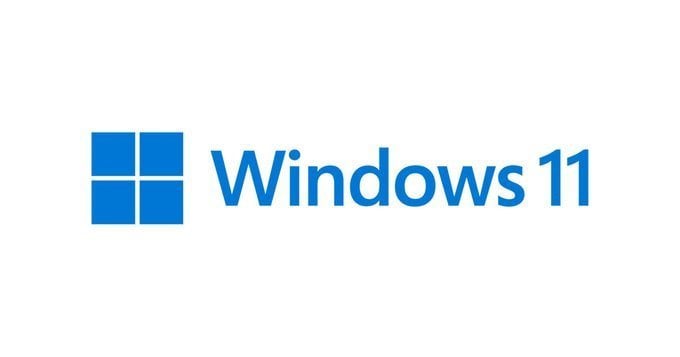Though it will arrive early or mid January I just want to know if I should bother to update it first or assemble it
Components are:
Ryzen 7 5700X (8C / 16T)
G.Skill Trident Z Neo (2 x 16 / C18) DDR4 3600
MSI Rx 6650 XT Mech 2x OC
Corsair Rm750x Watt 80+ Gold
This is my first pc build and I'm scared doing updates that can potentially brick it
Components are:
Ryzen 7 5700X (8C / 16T)
G.Skill Trident Z Neo (2 x 16 / C18) DDR4 3600
MSI Rx 6650 XT Mech 2x OC
Corsair Rm750x Watt 80+ Gold
This is my first pc build and I'm scared doing updates that can potentially brick it



